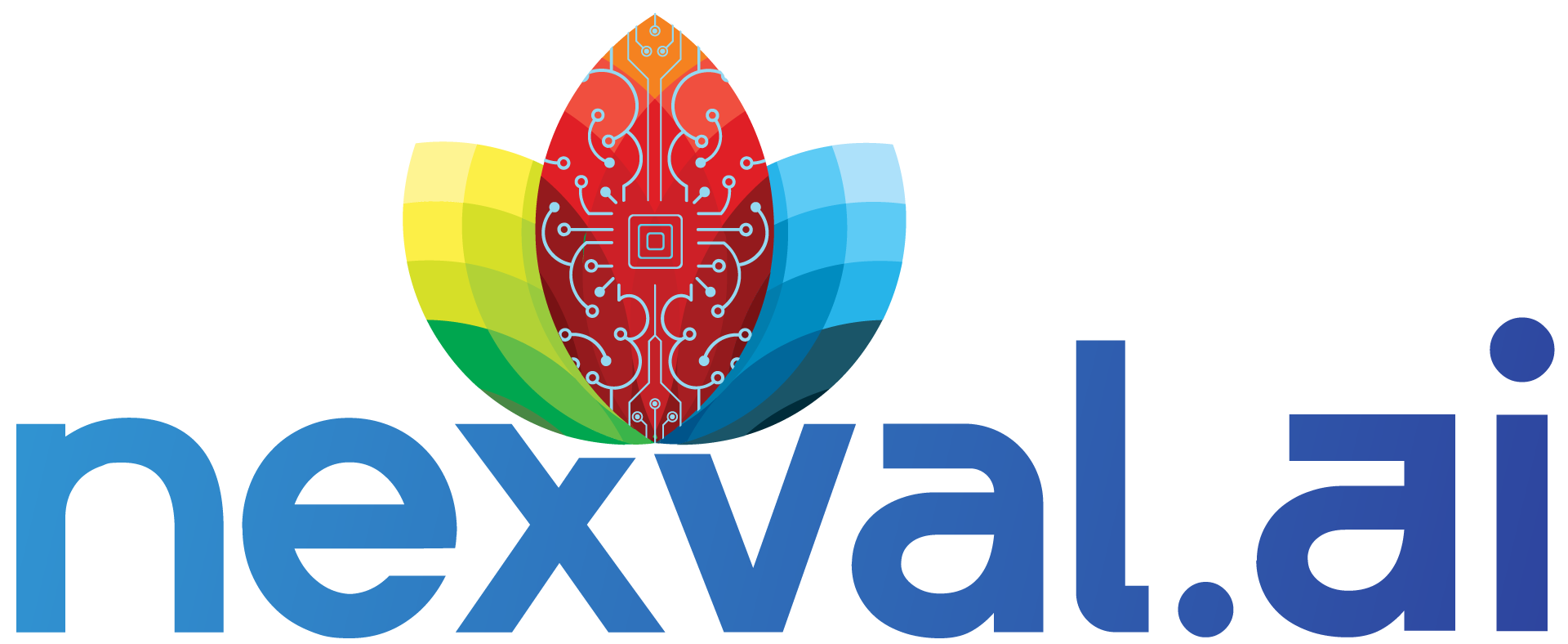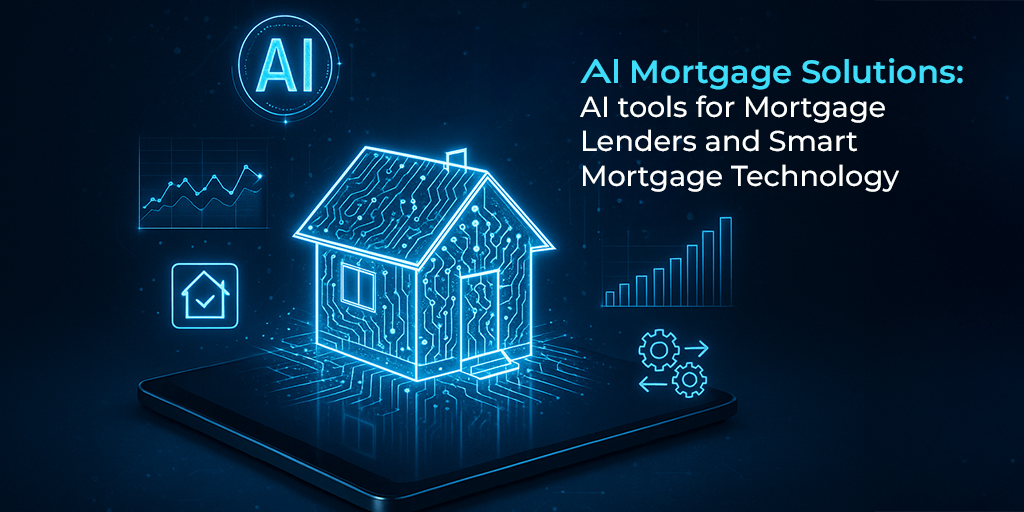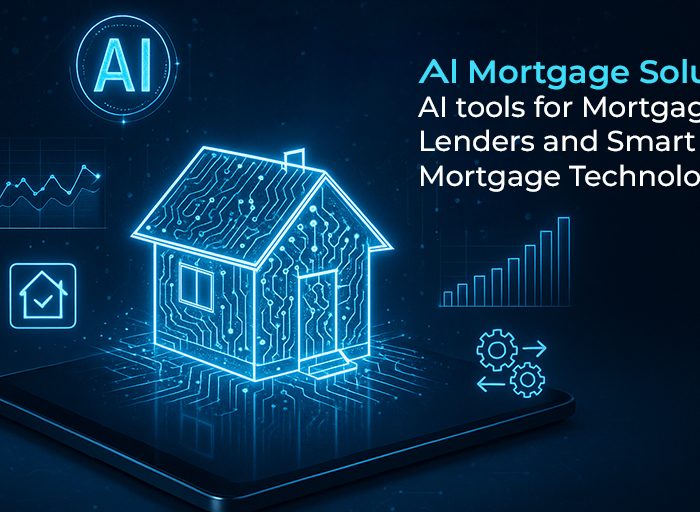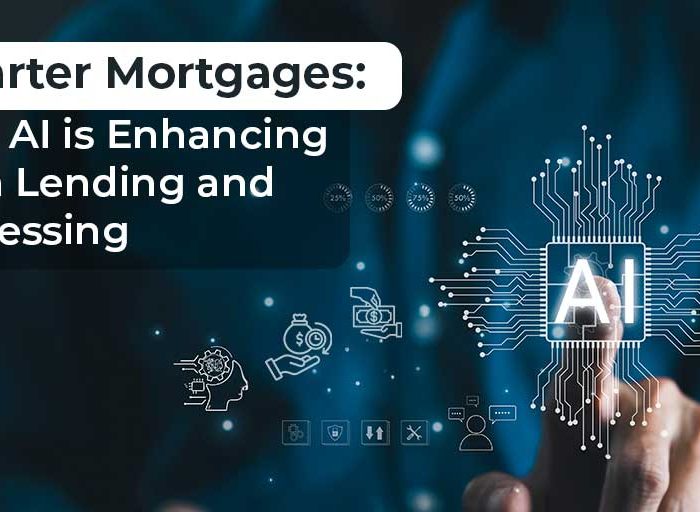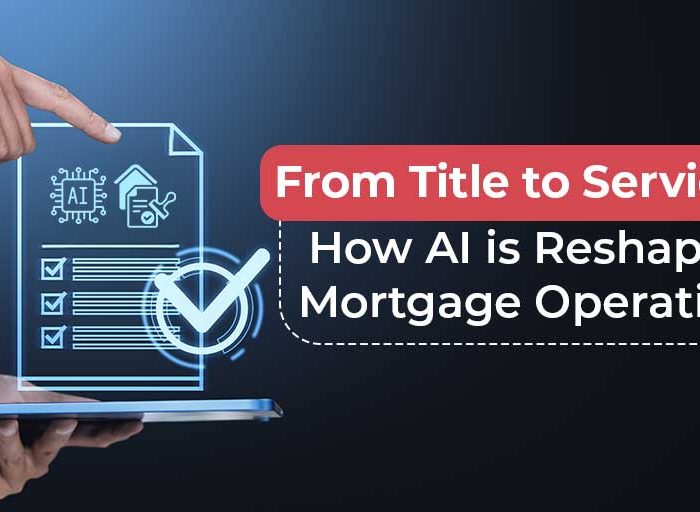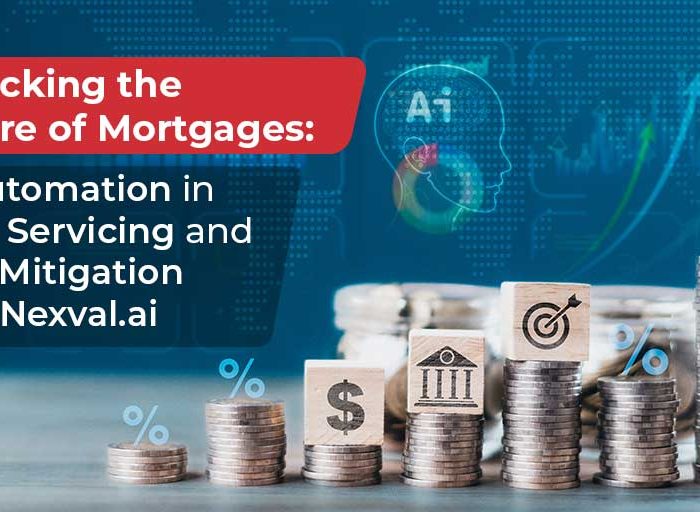AI Mortgage Solutions causing big changes in the mortgage world. It makes tasks like loan processing faster, simplifies risk checks, and helps with rules. This content explains how smart AI tools bring accuracy and smooth service to borrowers and lenders. It shows how these innovations prepare the mortgage industry to work quickly and smarter in the future.
The Rise of AI in Mortgage Lending
Artificial intelligence is no longer just an idea for the future; it is now a key tool helping lenders gain an edge. The adoption of AI for mortgage lenders is accelerating, driven by several key trends:
- An explosion of digital data is available from both borrowers and outside sources.
- More strict regulatory requirements push organizations to maintain accuracy and meet compliance deadlines.
- Competitors drive the need to cut costs and speed up processing times.
Lenders tackle these challenges by weaving AI throughout the mortgage process. Loan officers, underwriters, processors, and compliance teams gain from tools like automated systems smarter document processing, and deeper insights from analytic.
Key Use Cases: How AI Creates Maximum Impact
1. AI in Mortgage Underwriting
Traditional mortgage underwriting depends on slow manual reviews, lots of document handling, and personal judgment. Using AI in mortgage underwriting automates tasks and enhances several steps in the process.
Advanced systems use algorithms to examine income, credit, and risk pointing out any mismatches.
Models powered by machine learning evaluate if borrowers meet requirements by checking both organized and unorganized data.
Automated checks of rules and regulations reduce mistakes and lower the need for manual work.
Using AI in underwriting speeds up pre-approvals, creates fairer decisions, and prevents costly errors.. It boosts how well the process runs and keeps customers happier.
2. AI for document classification in lending
Processing mortgages involves a ton of paperwork—people submit pay stubs, tax records, identification documents, bank information, and more. Workers used to sort, tag, and pull out data, which often led to delays or mistakes.
AI Powered intelligent document processing (IDP), including platforms like DocuChief, let lenders:
- Identify and pull out data from both scanned and digital files.
- Update loan origination systems using trusted information.
- Cut down on manual data entry work boosting accuracy and shortening loan processing times.
This paves the way for “straight-through processing,” which trims down loan cycle duration and lowers operational expenses.
3. AI compliance tools for mortgage
The mortgage industry faces strict regulations. Failing to comply can lead to fines, harm a lender’s reputation, and drive away business. AI enables “intelligent compliance” by:
- Scanning loans to spot regulatory issues or detect unusual activity.
- Automation helps generate the documentation and audit trails needed to stay compliant with regulators like the CFPB, FHA, and Fannie Mae.
- Offering tools like risk scoring and pattern tracking to uncover possible fraud.
Platforms like ARC apply AI to minimize compliance risks helping companies stay secure while improving how they operate.
4. Lending Platforms Powered by AI and Intelligent Automation
- Robotic process automation to complete repetitive work.
- Natural language processing to automate how borrowers are contacted.
- Lenders use predictive analytics to set better prices, keep more customers, and find chances to cross-sell.
- By pushing forward “intelligent automation in mortgage” lenders handle more applications with fewer staff, speed up closings, and strengthen customer relationships.
- AI for Reducing Loan Processing Time: Models help find bottlenecks and adjust workflows on their own.
- AI Based Loan Origination Systems: Digital apps do real-time checks and decision-making.
- Borrower help through digital assistants. They answer common questions, set up appointments, and track pipelines.
- Cutting down costs with smart automation.
- Handling more loans without needing extra staff.
- Better risk control and meeting compliance rules.
- Getting up-to-date insights using advanced tools.
- Faster applications and quicker approvals.
- Minimal paperwork and fewer in-person meetings.
- Clear and steady updates along the way.
- Loan offers and support focused on their needs.
- Clear and understandable AI tools that avoid creating bias.
- Strict safeguards protection of data, and borrower approval steps.
- Ongoing updates and training for AI to meet shifting rules.
